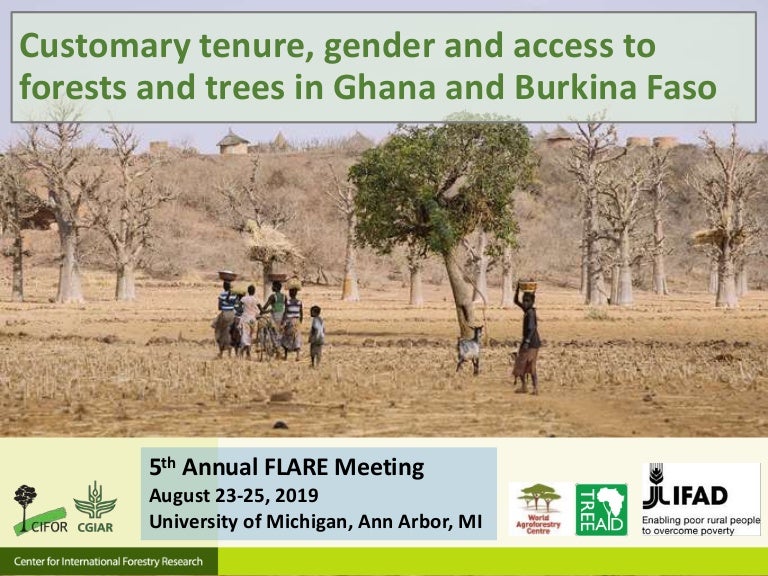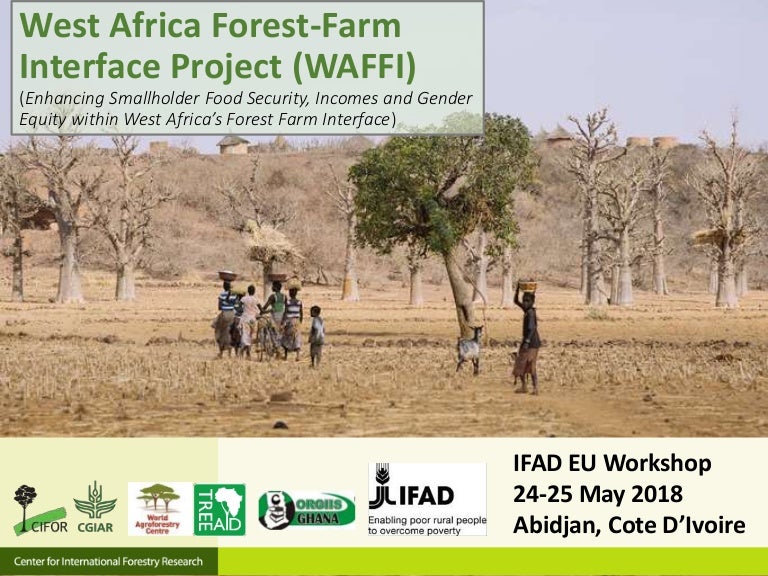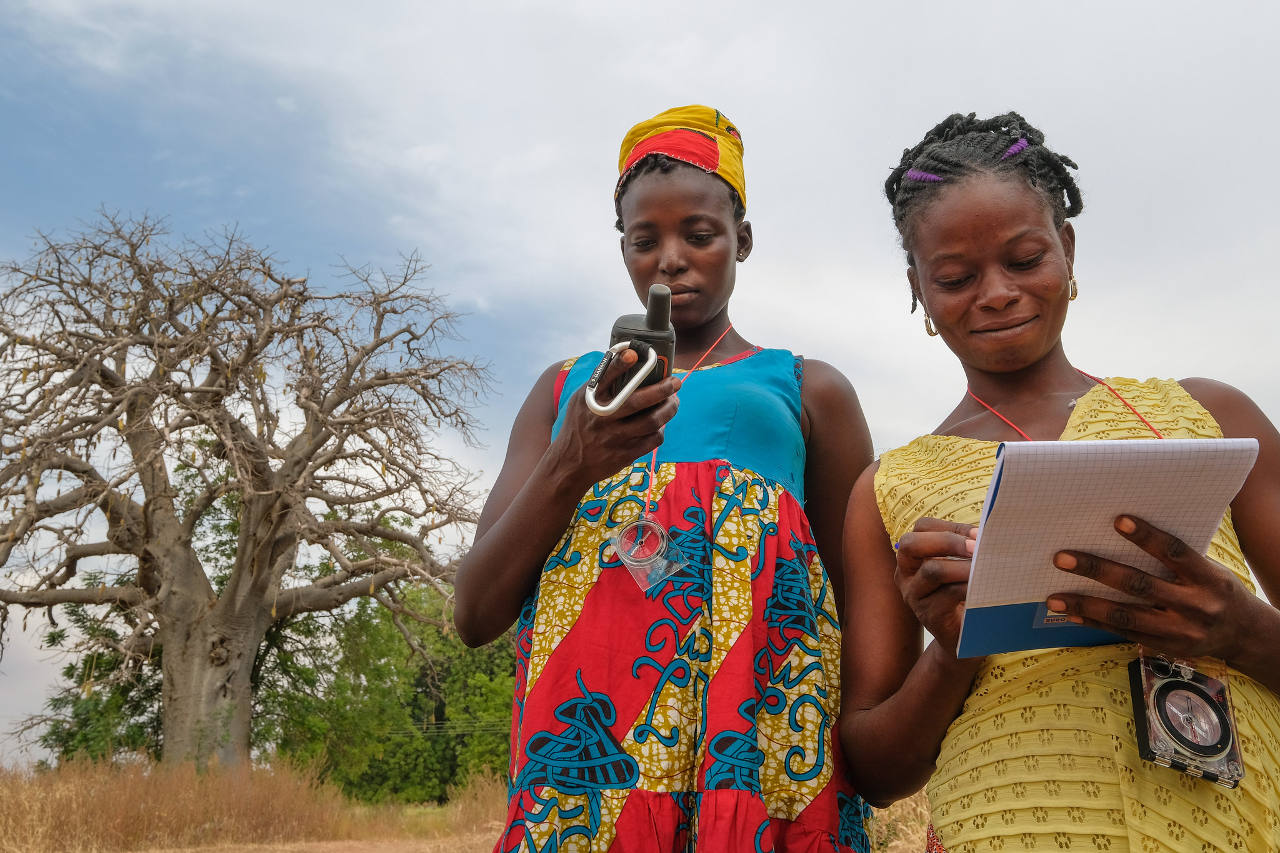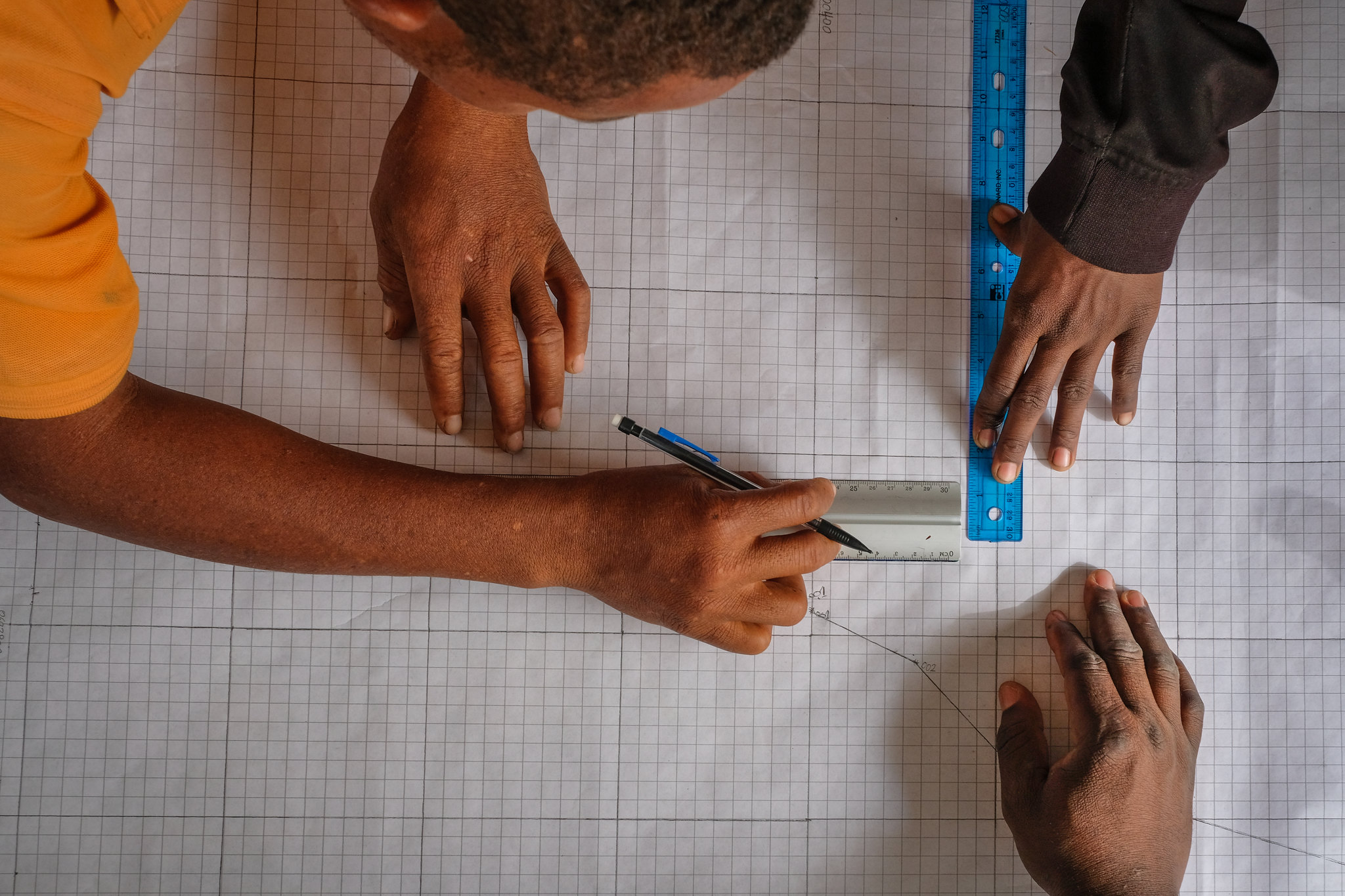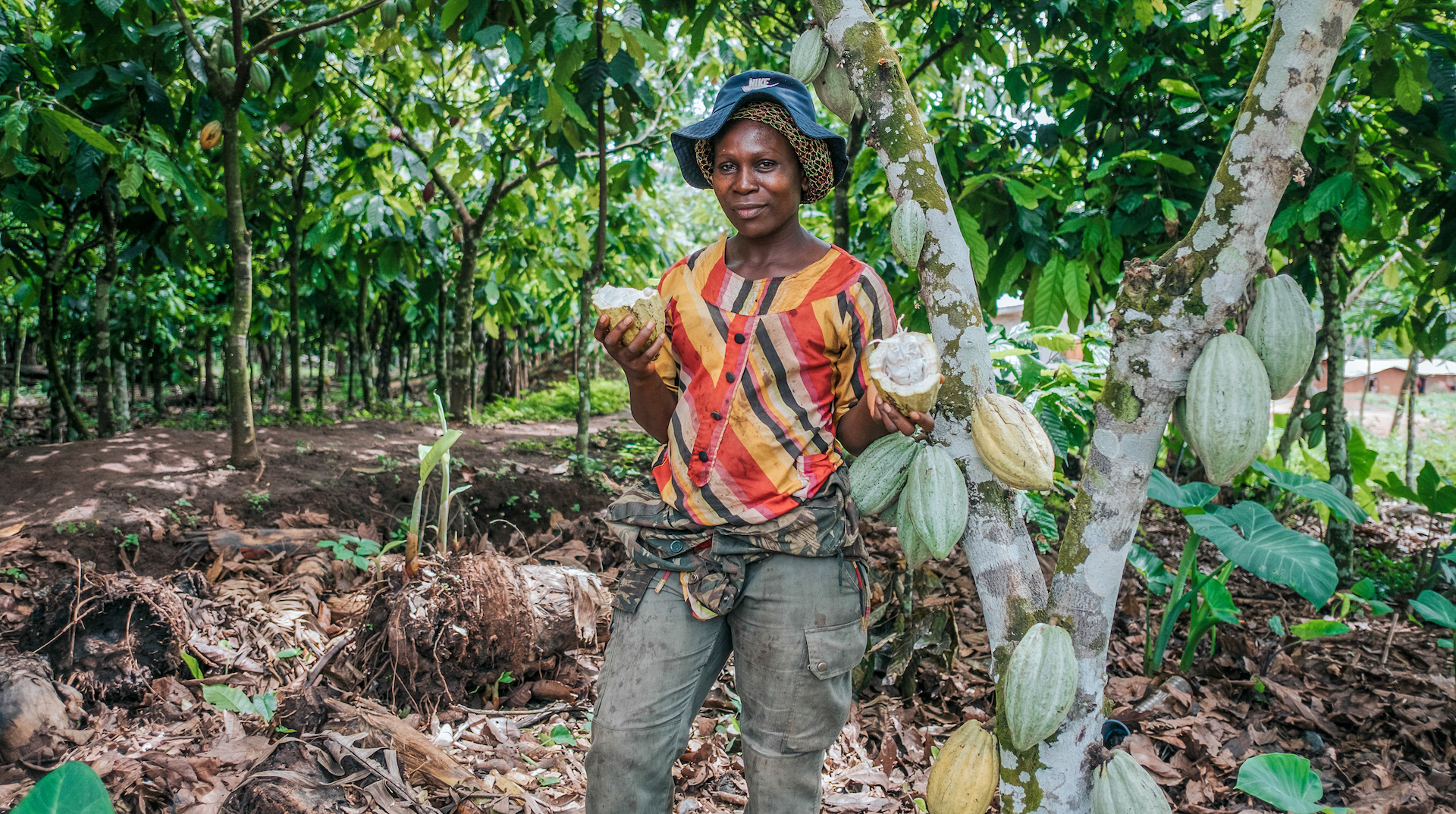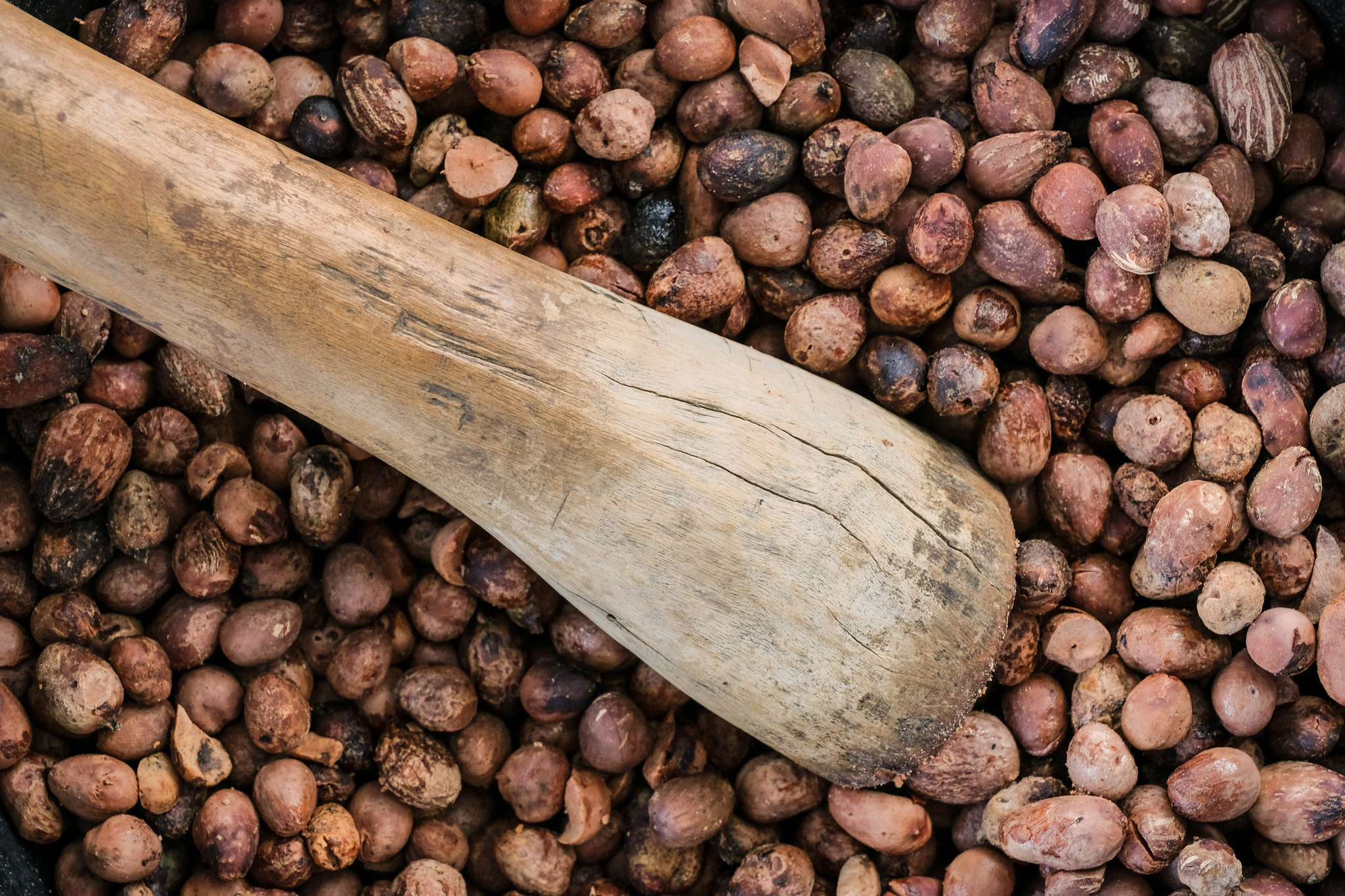Description
The livelihoods of the rural poor in much of the drier belt across West Africa, particularly in Burkina Faso and Ghana, depend to varying degrees on systems that integrate agriculture, forestry, herding and conservation. Weak governmental understanding of the overall benefits and contributions these systems provide to the rural poor makes it difficult to protect and nurture the public goods and services that they deliver. Existing policies do not take into account the contributions that parklands and woodlands make to the livelihoods of the poorest. Weak incentives to strengthen these systems are compounded by conflicting legal and customary provisions relating to tenure, property rights and land use.
This project is equipping policy-makers and practitioners with the evidence-based and practical knowledge needed to support integrated livelihoods strategies based on natural resource management adapted to local mosaic landscapes. Activities as part of this project are empowering the rural poor in Burkina Faso and Ghana to sustainably manage the forest-farm interface. This, in turn, will improve their livelihoods and incomes.





























